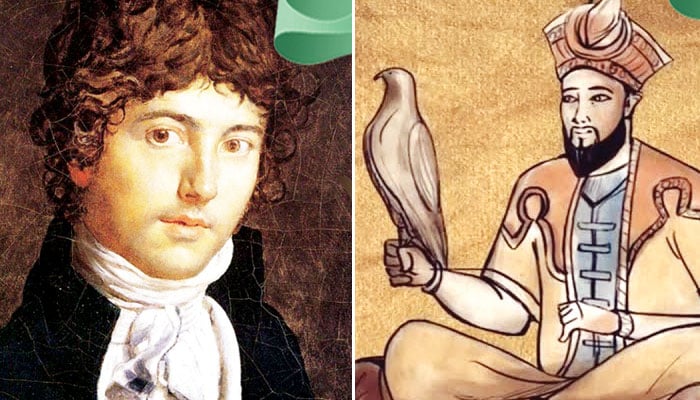
French physician Bernier lived in India from 1909 to 1666. He also had access to the court of Alamgir as the royal physician. In his travelogue he has quoted a conversation of Aurangzeb Alamgir which the great ruler had heard from one of his childhood teachers. This discourse not only sheds light on the education of the Mughal princes but also outlines Aurangzeb’s views on education.
According to Bernier, the name of Aurangzeb’s teacher was Mulla Salih. According to some researchers, this whole conversation is the brainchild of Bernier. Whatever the truth. The objections raised by Aurangzeb in this conversation are weighty and seem to be based on truth. After Aurangzeb’s accession to the throne, Mulla Saleh would try to gain access to the Darbar Shahi in the hope of some reward. One day, Aurangzeb summoned him to Takhliya and addressed him as follows:
“Dear teacher, tell me what desire has brought you to me. Do you want me to honor you with the highest honors of the kingdom? Dear teacher, let us review your right for any discrimination. I think you would have had this right over me if you had taught me some manner. But what did you teach me? Was it not your duty to inform me of the distinguishing features of all nations?
Tell them what their resources are. What is their strength, what is their strategy, what are their customs, what is their religion and form of government and what are their main interests. You should have informed me about the beginning of the states, their growth and decline, and uncovered the shortcomings, incidents and accidents that brought great changes and revolutions in history by giving regular history education. How important it is for a ruler to be familiar with the languages of the surrounding nations. But you only taught me how to read and write Arabic.
You forgot what subjects should be taught for the education of a prince. You think he just needs grammar skills. One should acquire the knowledge that this jurist needs. Thus, dear teacher, you wasted the precious time of my boyhood in dry, useless and endless attempts to learn words and memorize their rhymes. Did you not know that in childhood the mind has so great an acquisitive power that it can easily absorb thousands of codes of wisdom and can be equipped with such useful education as to enable any individual to achieve excellence. Gives the ability to
Can we learn modern sciences only through Arabic? Couldn’t this information be conveyed to us just as easily in our mother tongue? If you would teach me the knowledge that equips the mind with reason and consciousness and gives it the ability to accept sound and weighty reasoning, or you would tell me the things that purify the soul and bring peace to the heart, Which gives a person such strength that neither sufferings and games of speech disturb him nor joys and successes corrupt his mind.
I think that if you had read all this to me, your favors to me would have been greater than Aristotle’s favors to Alexander the Great, and I feel it my duty to grant you that honor which Alexander did not even give to Aristotle. Tell me, was it not your duty to explain to me this basic point which is important for any ruler to know i.e. what are the rights and duties between him and his subjects.
You should have thought through the binoculars that sometime in the future I will be fighting my brothers for the throne. You know that this is the fate of the children of every king of India. Did you ever teach me the art of war, how to besiege a town or how to line up an army in the field? I was lucky to have people much wiser than you to teach me these subjects. Go, respected teacher, go to your homeland and after today no one will know what you do and where you live.
(Source: “Aurangzeb by Lynn Poole and the Educational History of the Muslims” by Zahamiddin with Safar Nama Bernir)
